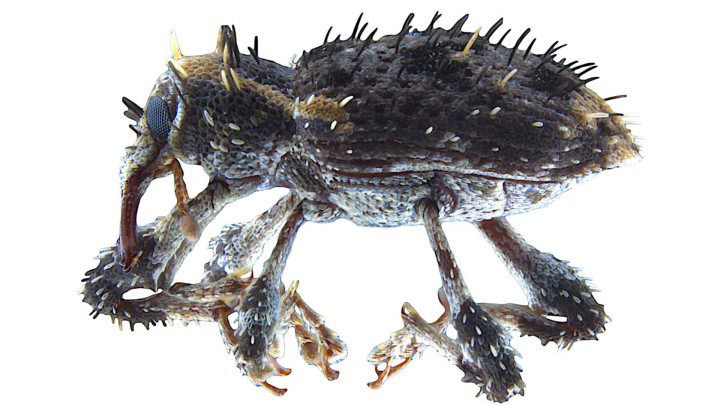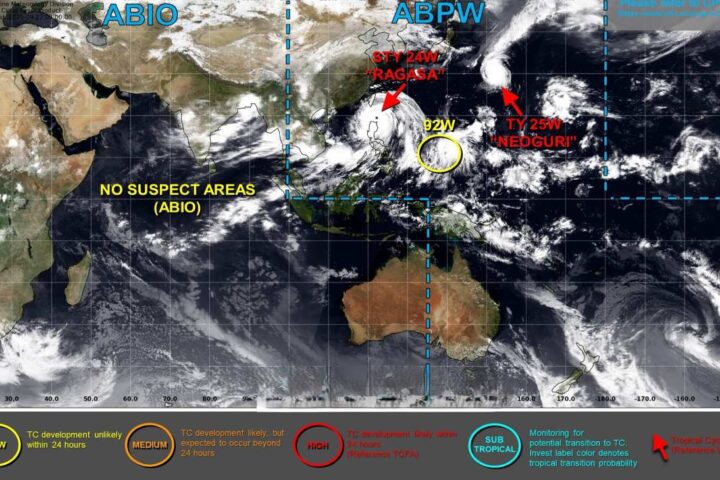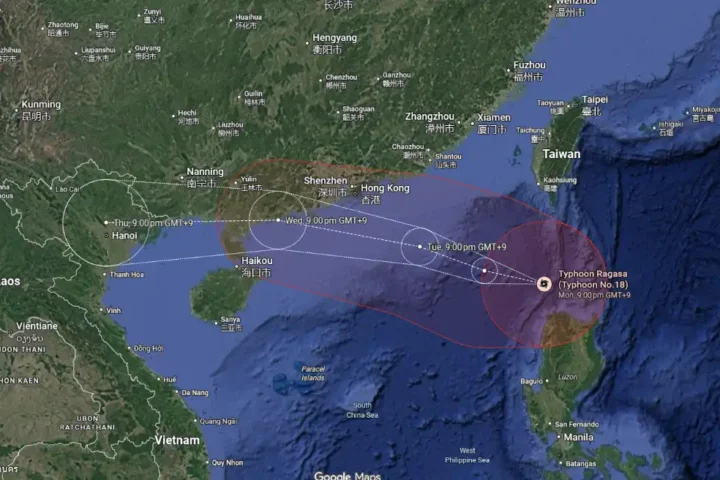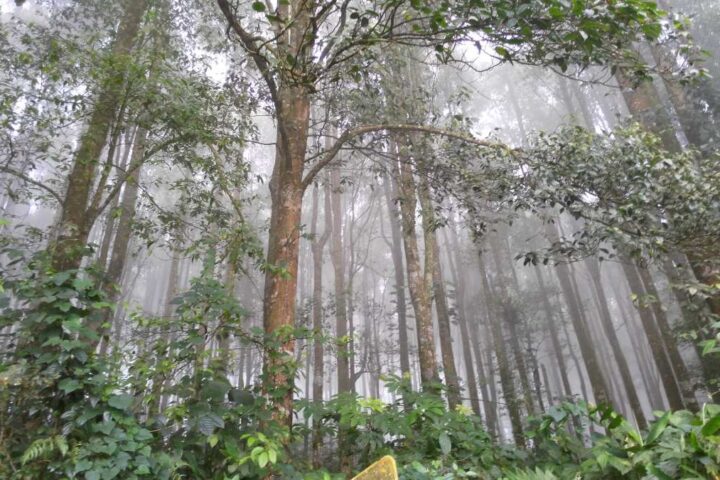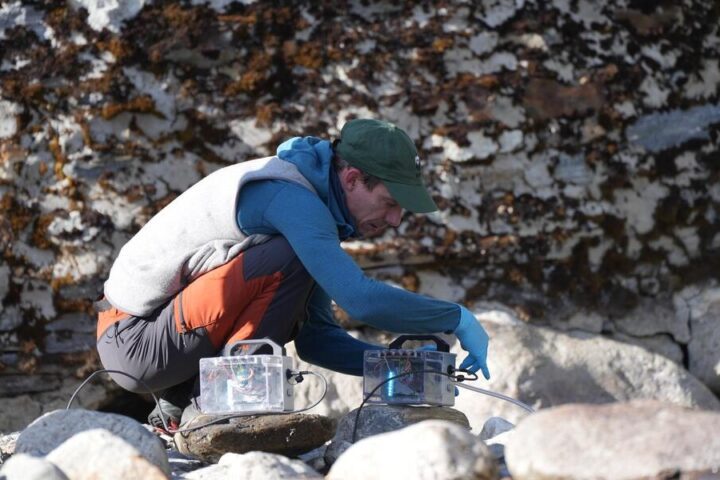The newly discovered weevil species, formally known as Acicnemis ryukyuana or the “Ryukyu dead-tree weevil,” was found in the subtropical forests of Ishigaki Island and the Yanbaru National Park on Okinawa in Japan. These islands are part of the Ryukyu chain. This region is well known for its unique biodiversity and isolated evolutionary history.
The weevil exhibits distinct features, including yellow banding on its shoulders and hair-like scales on its back and legs. Its unique characteristics set it apart from other known weevil species in East Asia. The discovery was made by entomologist Jake Lewis. He works with the Okinawan Institute of Science and Technology (OIST). Lewis has been monitoring insects on Okinawa Island since 2015, capturing a wide range of insect species for preservation and study in the OIST insect collection.
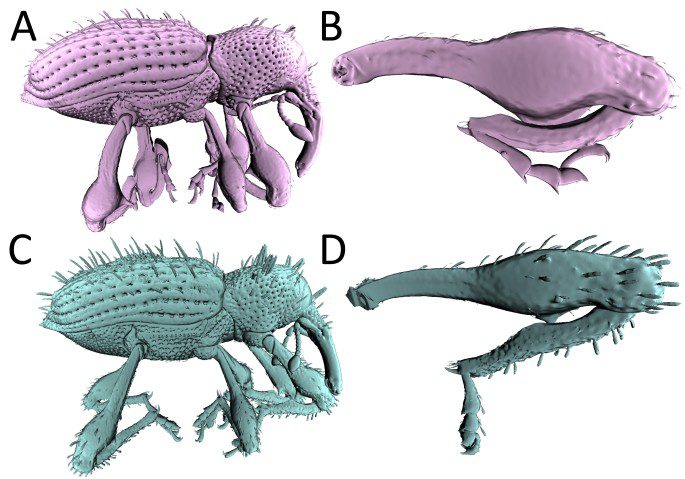
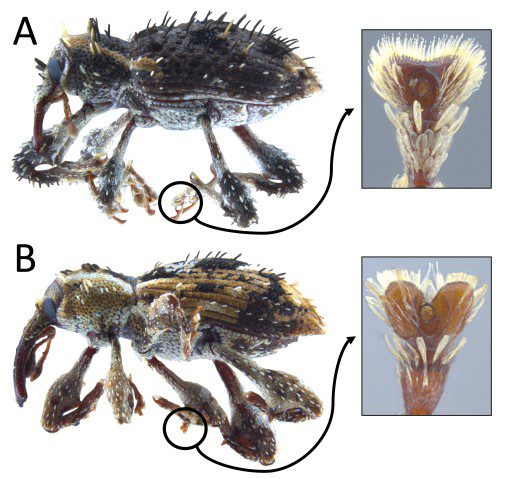
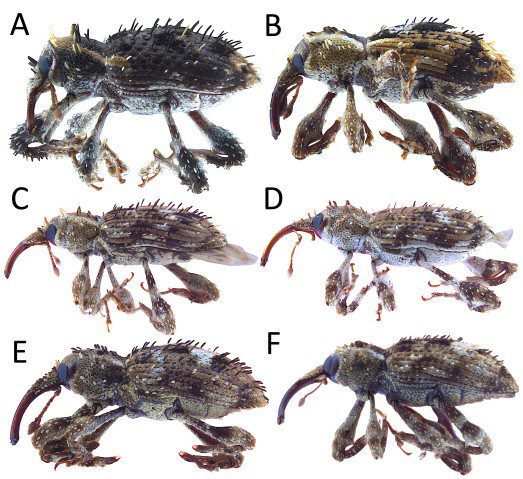
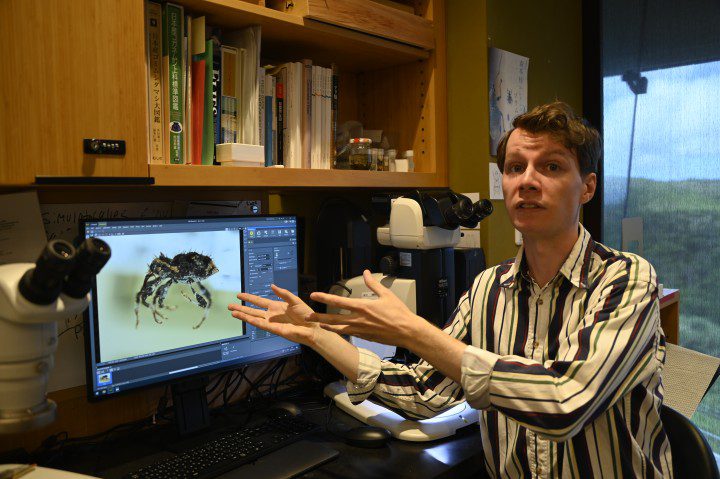
To confirm the identification of the new species, Lewis conducted microscopic analysis and dissection of the weevil, comparing it with existing literature and museum collections. Type specimens of the Acicnemis genus were housed in museums in Europe and Japan, requiring collaboration with several institutions for authentication.
As of now, the host plant(s) that the weevil feeds on remain unknown. Further field studies are planned to investigate the weevil’s ecological interactions and its specific habitat requirements.
Similar Post
The discovery of the Ryukyu dead-tree weevil highlights the unique biodiversity of the Ryukyu Islands and emphasizes the need for conservation efforts. Lewis suggests that this weevil species is likely sensitive to human disturbance, given its restricted distribution in well-preserved subtropical forests. The new species adds to the list of vulnerable and endemic species in the Ryukyu fauna, joining the ranks of other remarkable creatures found in the region.
The Ryukyu Islands serve as a fascinating area for taxonomists due to the rich array of species that are endemic to this unique environment. The discovery of the Ryukyu dead-tree weevil contributes to our understanding of the intricate ecosystems found on these islands and underscores the importance of their conservation.
